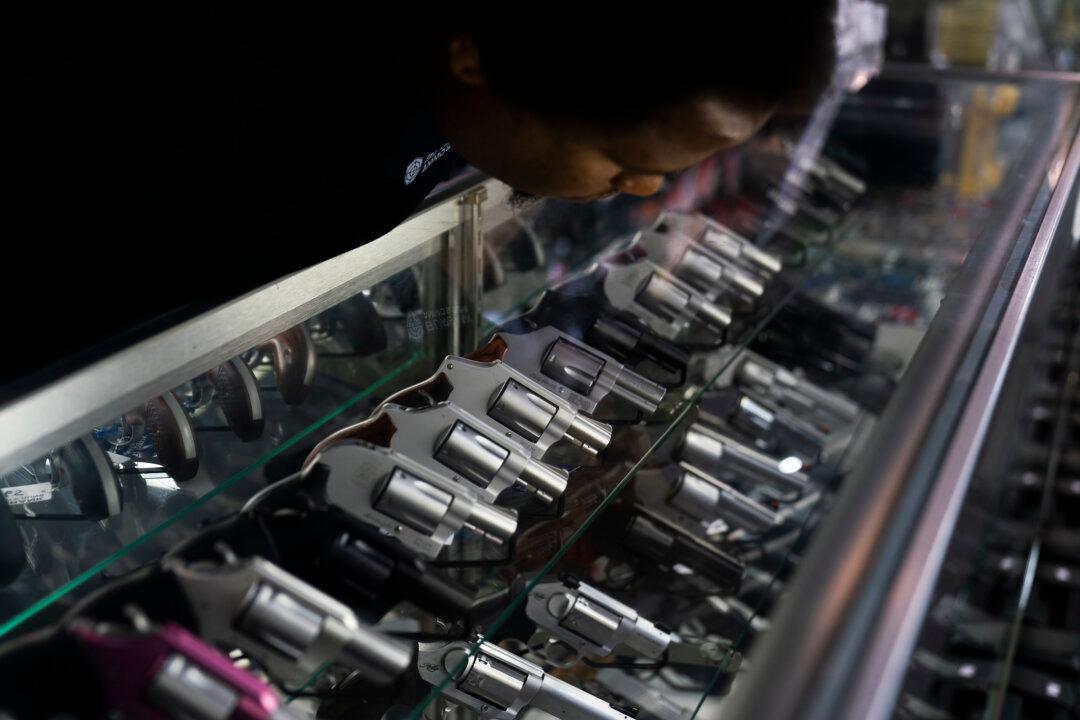Nonviolent felons can be barred from owning guns, the U.S. Court of Appeals for the 3rd Circuit held on Nov. 16 in the first major federal appellate court ruling to apply the Supreme Court’s new standard for reviewing Second Amendment cases.
The Supreme Court ruling gave rise to many new legal challenges to existing gun restrictions.





